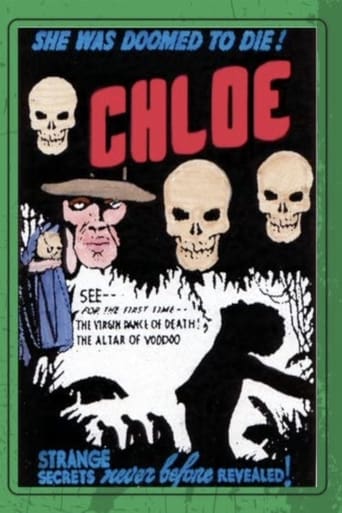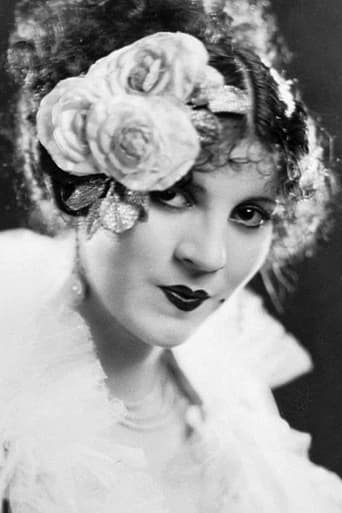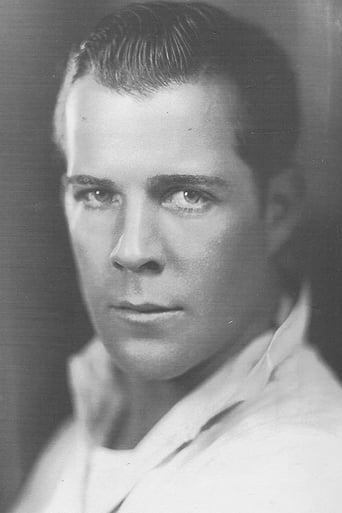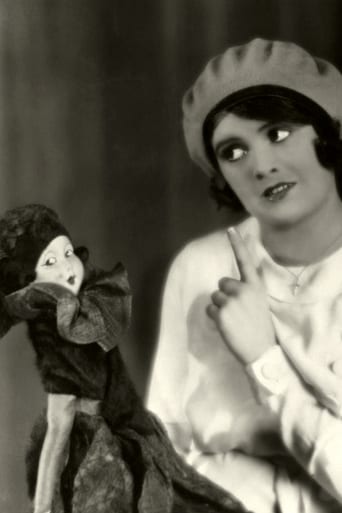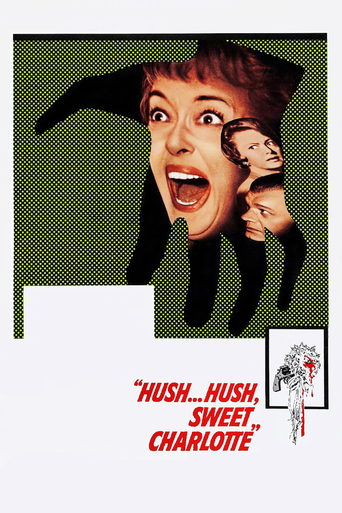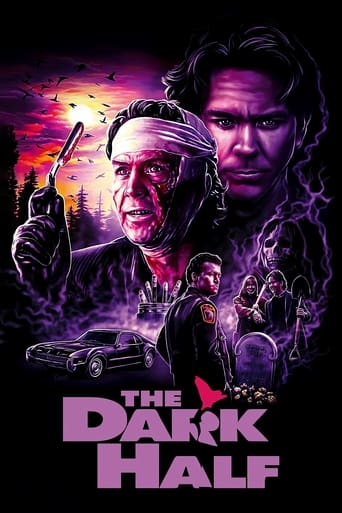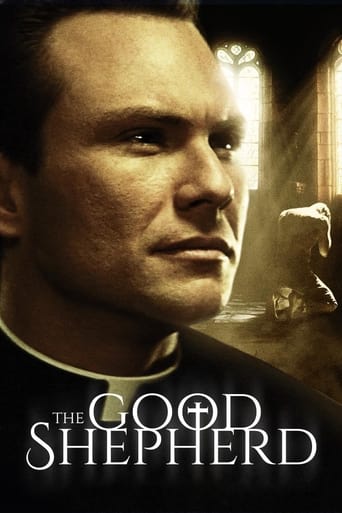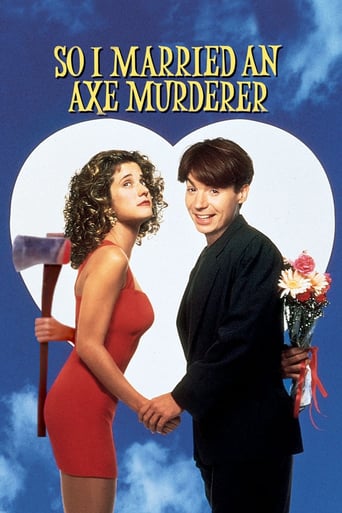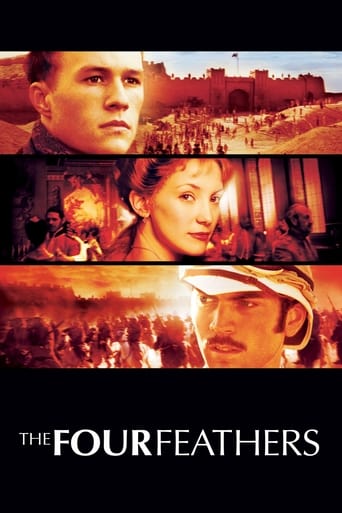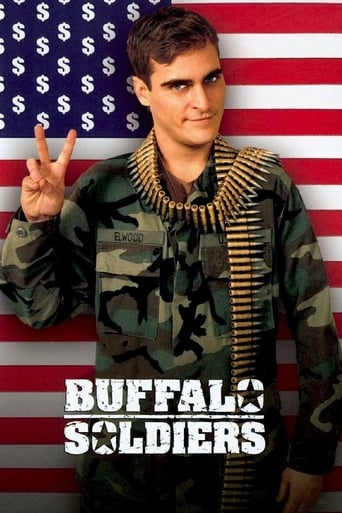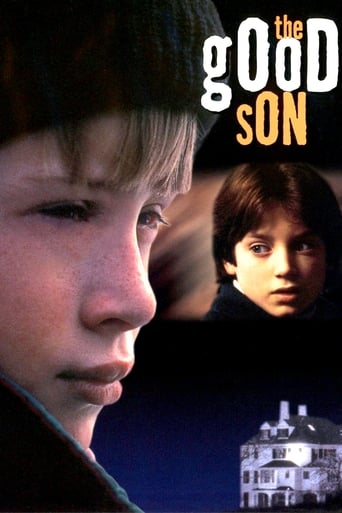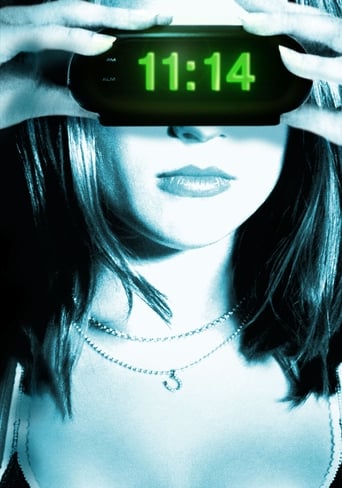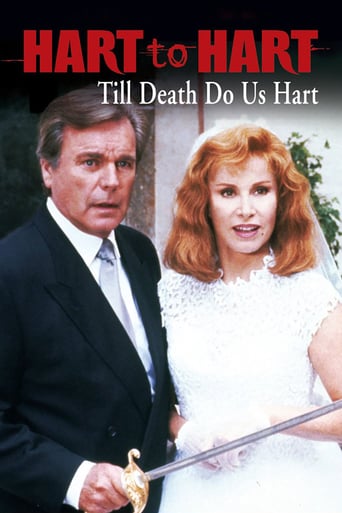Chloe, Love Is Calling You (1934)
A black voodoo priestess comes out of the Louisians swamps to take revenge on the white plantation owner she believes killed her husband. The old conjure woman Mandy returns with her daughter Chloe to their bayou home after fifteen years. Chloe was too young to remember much about the bayou, but once Mandy had been a famous voodoo priestess in these parts. But after the whites lynched her husband Sam, she took her little girl & moved away into the Everglades. She seems to have gone a little mad in the intervening years & has returned swearing a belated vengeance against the murdering white folks.
Watch Trailer
Cast


Similar titles
Reviews
Simply Perfect
Good movie, but best of all time? Hardly . . .
Don't listen to the negative reviews
Let me be very fair here, this is not the best movie in my opinion. But, this movie is fun, it has purpose and is very enjoyable to watch.
Poor Georgette Harvey, the singer and actress who played the supporting role of Maria in both the original "Porgy" and its musical version, "Porgy and Bess". She made only a handful of films which document her acting on screen, unlike her stage work which is lost forever. In this way below Z grade exploitation film, she plays an evil mammy obsessed with revenge, directed to overact and thus be preserved as long as this film survives as a representation of one of the most sinister of black stereotypes. Coming off feisty but kindly in the first reel, she quickly turns, taking the light skinned young woman (Olive Borden) she claims to be her daughter back to her home to avenge the death of her father whom she claims was Borden's father. Of course, she's got all the facts wrong, and looks on with sinister intent as Borden falls in love with the white Reed Howes who works for wealthy plantation owner Francis Joyner whom Harvey blames for lynching her dead husband. The revenge includes the use of black magic, aka "voodoo", and that leads to a ceremony where Joyner's niece (Molly O'Day) is kidnapped and prepped to be a sacrifice.I give this more than a "bomb" rating simply because it made me laugh (even though I felt guilty about laughing) at how ridiculous the whole story it was. I am way beyond judging films for long gone viewpoints of blacks and other minorities in films, even though this is obviously considered way beyond offensive today. I consider this a truly lousy film in the sense that the dialog is outlandish, the plot contrived, and any realistic motivations guiding the characters completely absent. Borden and O'Day, completely forgotten today, were once major young ingenues in early talkies, and other than one scene where O'Day makes her concerns known about welcoming Borden into the family known to her uncle, there is really no dynamic for intrigue concerning their characters. There's really a lack of a showdown between Harvey and Joyner, only the slightest resolution of their conflict, and never believable. Some stereotypical "Uncle Tom" type characters try to lighten down the presentation of blacks as evil devil worshipers, but even their patronizing behavior towards Joyner (pretty much made out to be almost saintly) is a bit disconcerting as well. This is the type of film I would consider like the presentation of "Glen or Glenda" as seen by a Paramount executive in "Ed Wood": the type of a film made and sent to someone in the hierarchy seemingly as a joke.
Director: MARSHALL NEILAN. (No writers credited). Film editors: Helene Turner, Joseph Josephson. Photography: Mack Stengler. Music composed by George Henninger, arranged by Erno Rapee. Art director: Robert Stevens. Assistant director: Jack Chapin. Producer: J. D. Trop. Produced at Sun Haven Studios, distributed by Pinnacle Productions. Not copyrighted 1934, no New York opening, no recorded release dates or length.SYNOPSIS: An old voodoo woman returns to a bayou plantation to exact vengeance on the owner she alleges killed her husband fifteen years before. She is accompanied by a young half-caste, Jim, and her 18- year-old daughter, Chloe, who falls in love with the plantation's overseer. Both her "mother" and her potential suitor, Jim, strongly object to this alliance. Jim is so madly in love with Chloe, he battles a crocodile, a corrupt turpentine worker and a voodoo gang on her behalf. On the other hand, "mother" is so vengeful, she has Chloe abducted and bound on the voodoo altar for a human sacrifice.NOTES: A remarkably rare film, "Chloe" is not listed at all in the main volumes of The Motion Picture Guide, nor even in the comprehensive title listings of The Film Daily Yearbook. Nor does the movie appear in any of the filmographies of the players or technicians, but one: Erno Rapee. Final film of silent star, Olive Borden, who died in 1947 (at the early age of 41). First film of Philip Ober. COMMENT: It's odd that such a well-produced movie received such obviously limited distribution. Marshall "Mickey" Neilan was one of the top ten directors of the 1920s. Unlike many of his colleagues, he seems reasonably at home in sound. The only items that date the film in fact are Olive Borden's slightly too expressive playing of the title role (and she has plenty of excuses as she faces up to more terrifying experiences in an hour than most movie heroines cover in a lifetime) and the beautiful green stock on which the film is printed. (What a blow that sepia was the only tone that survived into the 1940s. I love green and blue equally well, I remember Fox's Kidnapped was originally shown in 1938 on green stock). Neilan's direction of the actors is not only very capable, his pacing is A-1, his eye for pictorial effects marvelous. I don't like to single out one or two players from such an able cast, but Philip Ober is especially charismatic as the daring Jim (his fight with the croc puts Johnny Weissmuller to shame]), whilst Reed Howes (make sure you see "The Dawn Rider") seems one of the most personable and under-rated leading men in pictures.Neilan hasn't made the usual "independent" mistake of economizing on music. If anything, some would object that there's too much background music. Not a single second in the entire picture is silent. But I loved it. And as for Mack Stengler's superlative cinematography... With its fascinating locations and unstinting effects, powerful plotting and characterizations, Chloe is a "B" gem.
Olive Borden was one of the most beautiful and successful actresses of the 1920s. Unfortunately by 1934 her career was ruined by salary demands and a bad reputation. Chloe, Love is Calling would be Olive's final film. It's a low-budget movie set in the Southern swamps. Olive plays Chloe, the light skinned daughter of a voodoo priestess. Unfortunately the plot has a lot of racist elements and most people give this movie bad reviews. I thought it was an interesting story and I enjoyed seeing Olive (although this is certainly not her best performance). An interesting piece of trivia is that Olive was dating the director of this film Marshall Neilan. If you're a fan of Olive Borden it's definitely worth your time to watch Chloe. It's a public domain film and can be seen for free on You Tube or the Internet Archive. Sadly Olive died penniless in 1947 at the young age of 41.
I agree that the plot and presentation are flawed, however, there is value in seeing how some people perceived certain social situations during an earlier era in our history. Not all people at that time, of course, saw things the same way, nor would they have made the movie in the way that it was done, but I appreciate all the old films because each gives us a short look at things through other eyes.As for the complaint that the NAACP would not like the film, I am not sure about that. Maybe they would see some value in the enhanced exposure of certain attitudes, maybe not.Having grown up in Louisiana, I do think that the voodoo scenes were overdone and the man wrestling with an already dead alligator was pretty hokey, but I was pleased to see some clear water for a change. (I suspect that scene may have been filmed in Florida because by the 1930's we had pretty much ruined our bayous already.)Mike

